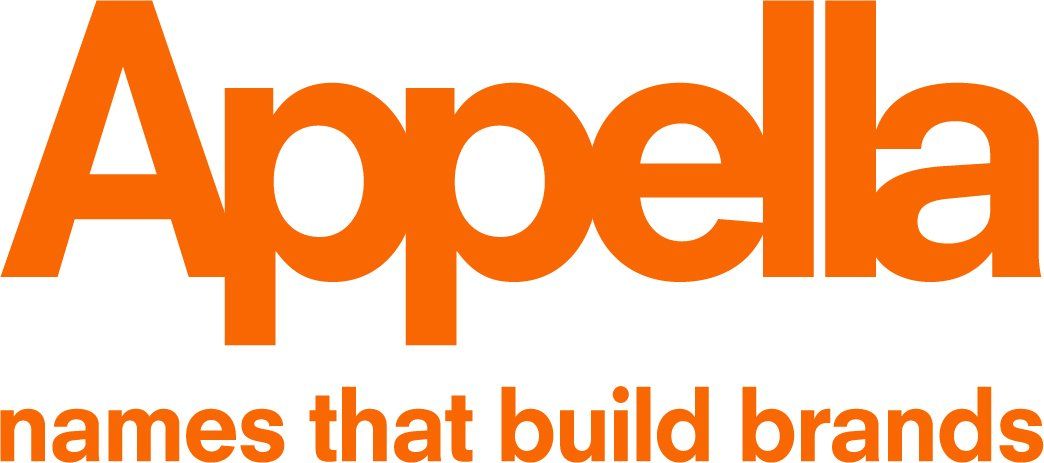WINNERS of the Specialist Branding Agency of the Year! Global Awards 2022/23. Read more.
Truth in Brand Names
Many people are aware of advertising standards. Brands cannot make false claims regarding their products nor can they degrade competitors. While this false advertising may not be news, there are also restrictions on brand names.

While it is fairly well known that descriptive lines are not normally protectable as brand names under trademark law, some descriptors run the additional risk from other regulatory bodies. But, some terms may seem entirely innocent yet are restricted or blocked from use. Additionally, a term that may have been considered reasonable at one point may no longer be usable. Below we discuss four words and terms that have had a rocky history for modern brand names.
“Organic”
Although all of the latest diets say to go ‘organic’, not all products can be labelled this way – even if they are organic. The reason for this is because an organic product must declare which body determines its organic composition. To further confuse matters, different governing bodies may have varying standards for what constitutes as organic.
“Light “ or “lite”
Interestingly, the use of “light” or “lite” is quite the grey area with dairy products. For the dairy industry in the UK, a product labelled “light” or “lite” must have at least 30% less fat or calories than the “full” version of the product. Additionally, the label must also define the details such as what has been reduced and by how much.
Of course, when a product is reduced in one area, it is often supplemented in another to retain flavour. And, because this labelling requirement is within a brand, the “light” or “lite” version may actually be nutritionally similar to the standard “full” version of another brand.
Natural” or “all-natural”
Another trend among the health-conscious is going “all natural.” However, some brands have found it difficult to keep up. The Kashi cereal company once claimed that a variety of their food was “all-natural.” But, just a glance of the ingredients list proved otherwise. Even with a single synthetic ingredient, the term “all-natural” is off the table. The brand nixed the term after a $5 million settlement.
“Essential” ingredients
The use of “essential” when referring to ingredients can be a grey area although it is used a lot. Brands all over the world have claimed their products contain “12 essential vitamins” or “9 of your essential daily minerals.” Referred to as ‘angel dusting,’ these claims are often empty. Even if the products do contain the vitamins and minerals, it is usually in negligible quantities with no proven health benefits.
The discussion of truth in brand names has always been, well, a discussion. Especially with the current state of world news, the discussion of truth is more palpable today than ever before and not just for brands. As languages and trends evolve, so do the terms that we trust. But, without this scrutiny of terms and alternative facts, we would never improve.
Be sure to follow us on Facebook and connect with us on LinkedIn.
For further info. you might want to visit design rush:
Naming Agencies
-

“Choosing a good name is both a science and an art – Appella excels at both.”
Louise Doherty, CEO & Founder, PlanSnap -

“The speed and rigour of the Appella approach was matched by the creativity and flexibility of their staff!”
Girish Upadhyay, Tata Motors -

“I cannot speak too highly of Appella. They really were there for Wavelength. ”
Tim Leech, CEO, Wavelength
Get in touch
To find out more about how we can help, fill-in this form and we will get back to you ASAP:
Contact Us
We will get back to you as soon as possible
Please try again later
All Rights Reserved | Appella
